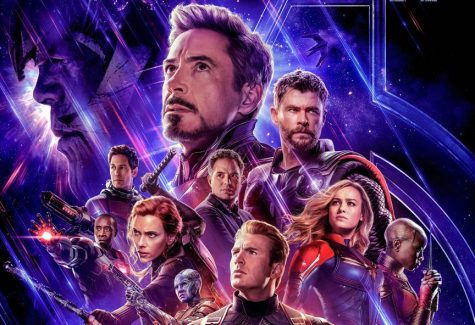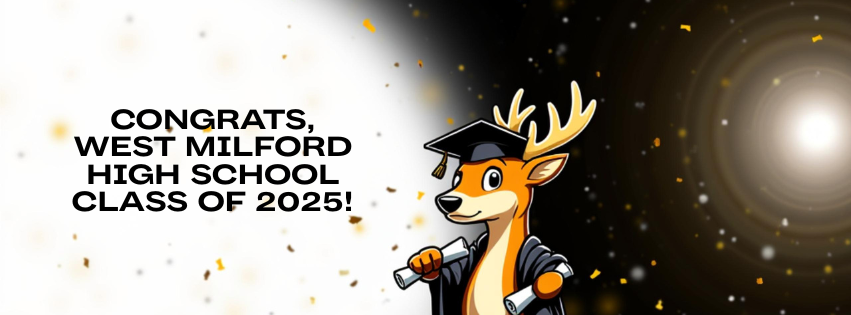Satisfying “End” to the Infinity Saga
“Avengers: Endgame” was one of the most anticipated movies of the year, evidenced by the remains of shattered box office records it has left in its wake: highest global opening weekend gross, most rapidly accumulated growth to $2.5 billion in the box office, and passing “Titanic’s” worldwide gross return record. While these statistics alone are impressive, it is important to note that the film itself is a culmination of over a decade of theatrical films. Starting with “Iron Man” back in 2008, the continued saga, featuring 21 films in just eleven years, reached its end on April 26.
It is now widely known that the Marvel Cinematic Universe will be led by a new set of heroes, namely Captain Marvel, Thor, Spider-Man, and the Hulk. The final installment of the first phase of Marvel films has left the company in good standing to take advantage of new plotlines and character arcs–past, present, and future–with these revived characters.

The film itself, though, did much more than prepare the Marvel Cinematic Universe for a fresh batch of films: it brought closure to Marvel fans. Now that “Endgame” has been in theaters for well over a month, I feel at liberty to disclose some plot points for the sake of discussion.
The movie begins where “Infinity War” left off: the Avengers find Thanos almost immediately in hopes of recovering the Infinity Stones–plot twist: Thanos destroyed them. This effectively sets up the premise of “Endgame”. The Avengers must travel back in time to retrieve the Infinity Stones before they were destroyed to reverse Thanos’ snap, which killed off half of the universe. This plot amount to a hefty three-hour, two-minute runtime–though this didn’t bother diehard fans.
The film itself was well-made; in my opinion, it didn’t take itself too seriously, which was appreciated. “Endgame” has been one of the most extensive film projects in cinematic history and the content and length of the film did not detract from its status and the expectations of fans.
The film was surprisingly heartfelt and the plot was threaded with emotional undertones that appealed to the audience and deepened the nostalgia of eleven years worth of Marvel films.
I was particularly a fan of the score of the film, which incorporated musical themes from other Marvel installations such as “Captain America: The First Avenger”, “Iron Man”, and “The Avengers”. These auditory allusions to other films in the canon effectively brought the film to a neat conclusion while retaining and emotionally striking response from viewers. “Endgame” was also stunning in its visual effects, which is enough to make up for the lesser-quality effects of Marvel movies of the past few years, where visual effects crews were often in conflict with multiple projects; “Endgame” was given priority, though, and for the better.
I thoroughly enjoyed watching “Endgame”, as it was not only a continuation of the movies I loved watching growing up, but was actually well-made. Free from plot holes and continuity errors, “Endgame” was a pleasure. While Tony Stark’s death at the end of the film was tragic and a blow to the Marvel community, it was also expected. Many fan theories surrounded either Stark or Captain America dying in some sacrifice to save humanity. Similarly, Steve Rogers–Captain America– met a similar end. Rather than sacrificing himself though, he turned over the mantle of Captain America to The Falcon, as he had returned to the past to live out his life with Peggy Carter, the love of his life. Then, living until the present and reaching old age, he was no longer suited to serve the duties of Captain America. While this is bittersweet, it leaves the franchise open-ended in a way and allows for further exploration of the Captain America role.
These were the biggest emotional triggers in the film, in my opinion, save for Captain America wielding Thor’s hammer, Mjolnir, during the climactic final battle. They made the film far more shocking but also seemed like the only proper way to end the franchise. The Avengers must end the way they began–with Iron Man.
I anticipate the Marvel films to come, though I will always reminisce the golden age of superhero movies.

